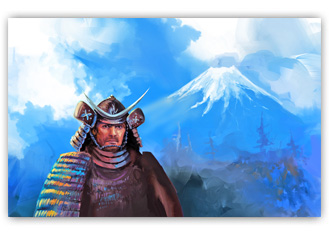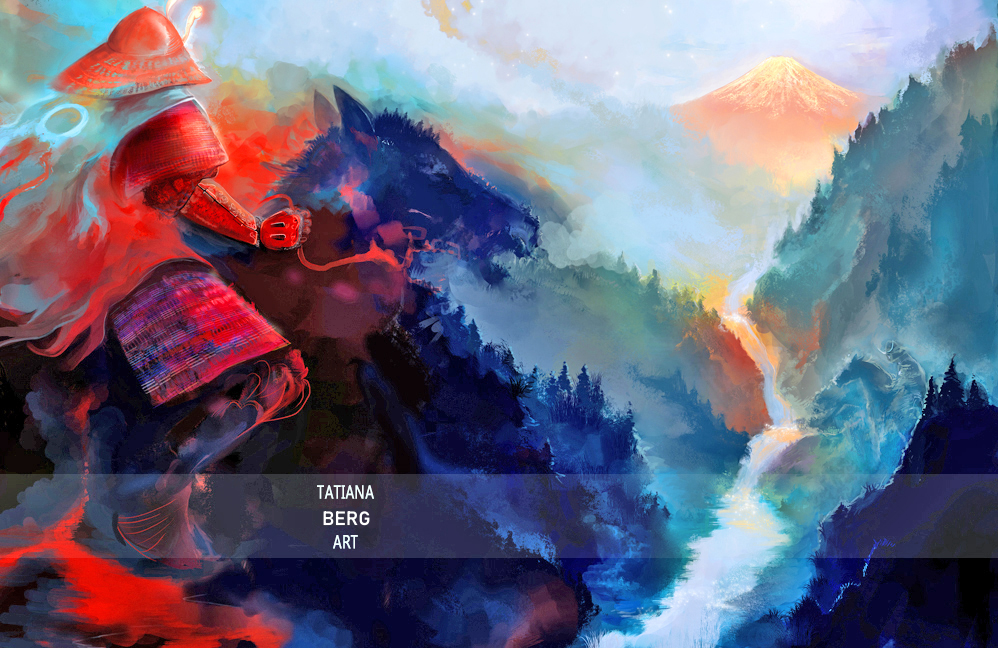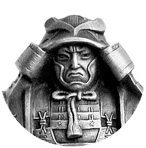samurai training
bushido. The way of the samurai books
-

Learning without thought is naught; thought without learning is dangerous.
Confucius
The slogan “Japanese spirit and Chinese learning” (Wakon – Kansai) has been espoused in Japan since antiquity. It refers to using the knowledge of the Chinese sages without compromising Japanese originality. Confucianism was essential to samurai education. Some key points of reference include The Four Books: Great Learning, Doctrine of the Mean, Analects, Mencius and The Five Classics: Classic of Poetry; Book of Documents, Book of Rites, Book of Changes, and Spring and Autumn Annals.
At its core, Taoism transcends all limits and categories. It eases the soul. But it is not suited to ‘imperfect’ nations since its philosophy deconstructs their foundations. It states that life is the most valuable thing in this world and there is no reason to intentionally lose your life or take someone’s life. Power struggles, violence, and the governments that impose them are not only destructive, but absurd.
Painting "Samurai Spirits" by Tatiana Berg
It seems paradoxical that such a philosophy could become one of the pillars of the Japanese Way of the Warrior, but almost every samurai read, contemplated, and memorized True Classic of the Way and the Power by Lao-Tzu. It taught them humanity, eased their aggression, and restored tranquility in their hearts.
Taoist sages were extremely well-read, scholarly and uninhibited in their judgements and manner of thinking. They saw the human world through the prism of supreme wisdom. Taoists taught the samurai a distinct attitude to life: tolerate human imperfection and strive to comprehend wisdom.
Taoist ‘individualism’ differs from the European version. Actually, it is closer to existentialism. Bushi-Do calls a person to search deep within his core. This is where he finds the meaning of his existence, Truth. Therefore, both Taoism and Bushi-Do can be considered existential philosophies.
Taoism taught the samurai the discipline of spiritual freedom because understanding supreme truths naturally creates inner harmony. This self-discipline pervades everything, becoming an integral part of a person. Self-discipline based on fundamental principles is flawless. A person’s mental health and composure are a reflection of his inner world, and harmony is only possible when illuminated by supreme wisdom.
Their fearlessness coupled with inner harmony gave them a keen awareness of the world, Beauty, and Goodness. By drinking the water of Knowledge from the pure spring of the Supreme Spirit of Fearlessness and Harmony, the samurai’s life became pregnant with meaning.
Daidoji Yuzan is the ‘official’ voice on the Way of the Samurai. He discusses Bushi-Do as a cultural phenomenon; its outer layers. Hidden by the Leaves by Yamamoto Tsunetomo represents a different kind of approach. It seems simple, but is actually irrational and nihilistic. In traditional circles, it was even considered heretical. Hagakure, the book which expressed the core of Bushi-Do, had been out of publication for a long time, but the samurai hand-copied and distributed it. Surprisingly, it meticulously expressed the inner Teaching– things that a samurai kept only in his heart.
Another fundamental source of warrior wisdom is sage Soho Takuan’s writing on Zen-Buddhism. Miyamoto Musashi, on the other hand, wrote with the rationalism of a master swordsman (“not a word out of place, and each of them hits home,” a typical opinion of Ken-Do masters,) but Go Rin No Sho is filled with the wisdom and mysticism of the Way.
The Bushi-Do Teaching has...Read further in Samurai: Spirit of the Warrior
Back to the Blog
This an abstract from the chapter "The Basics of Samurai Training" from Spirit of the Warrior by A. R. Berg

